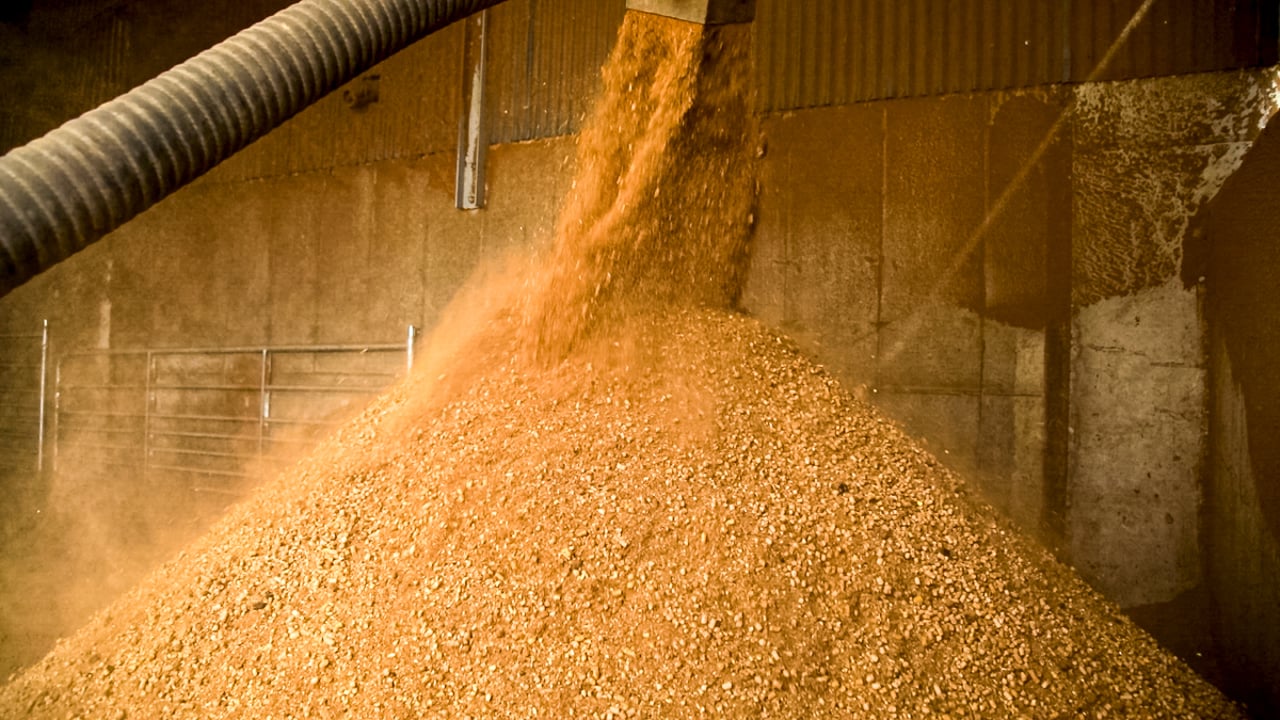World's largest mycotoxin survey finds threats to animal protein remain high
Health, nutrition and bioscience company, Royal DSM, recently unveiled the results of its annual mycotoxin survey - the largest such survey in the world.
The survey results comprise data from 112,000 analyses conducted on more than 24,000 samples of animal-feed ingredients collected from 75 countries in 2021.
Among the findings, it revealed that mycotoxin-related threats to animal protein remain high when compared to last year.
Product manager, mycotoxins, DSM Animal Nutrition and Health, Anneliese Mueller said that the presence of mycotoxins compromises animal-health and gut integrity, and increases the probability of lower health status, poor performance and inefficient use of resources.
Overall, mycotoxin-related threats to animal-protein production remain high compared to last year, explained Mueller.
"On a regional basis, calculated risk levels ranged from a moderate 44% in the whole of Europe to a high of 79% in Asia."
DSM's mycotoxin survey results provide insights to the incidence of the six major mycotoxins in the agricultural commodities including corn (maize), wheat, soy, barley, rye, oats, rice, sorghum, millet and their by-products that are used to feed farm animals, notably poultry, swine, ruminants and aquaculture.
Main regional trends:
“Risk levels conveyed in the findings indicate the likelihood that farmers confront mycotoxin contamination in the feed.
"Looking at the latest results, it would be wise for producers everywhere to vigilantly monitor raw commodities and feed for mycotoxin contamination, and to adopt a robust mycotoxin risk-management programme,” Mueller said.





